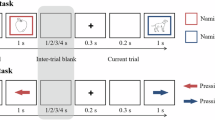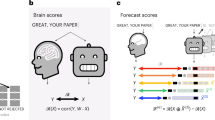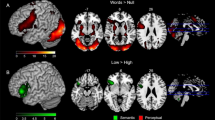Abstract
Language, regarded as a hierarchical cognitive code activated by functional operational modes of the brain by most neuropsychologists, is characterized by increased cognitive load in successively higher levels of processing. Language comprehension is posited to be executed through symbolic-iconic information being encoded neurally as modulated phenomena, and can be studied in vivo by functional brain imaging. Using a lexical decision-making task in conjunction with syntactic error correction that effectively isolated the regulatory neural substrate of processing structural-functional information, and minimizing the possible confounds of gender and proficiency, functional magnetic resonance imaging (fMRI) was performed on bilingual volunteers to ascertain the attentional modulation of second language lexical and sentence processing. Our results indicate that while a right posterior cingulate gyrus-precuneus-lingual gyrus-cerebellar loop processes lexical information, the left inferior and middle frontal cortices are critically involved in the implementation of a structural-functional decision-making procedural loop in mediating second language comprehension.
Similar content being viewed by others
Article PDF
Author information
Authors and Affiliations
Corresponding author
Rights and permissions
About this article
Cite this article
Ghosh, S., Basu, A., Khushu, S. et al. Cortical activity modulation of language processing by dynamic optimization of task complexity and functional restrictions. Nat Prec (2009). https://doi.org/10.1038/npre.2009.3941.1
Received:
Accepted:
Published:
DOI: https://doi.org/10.1038/npre.2009.3941.1



